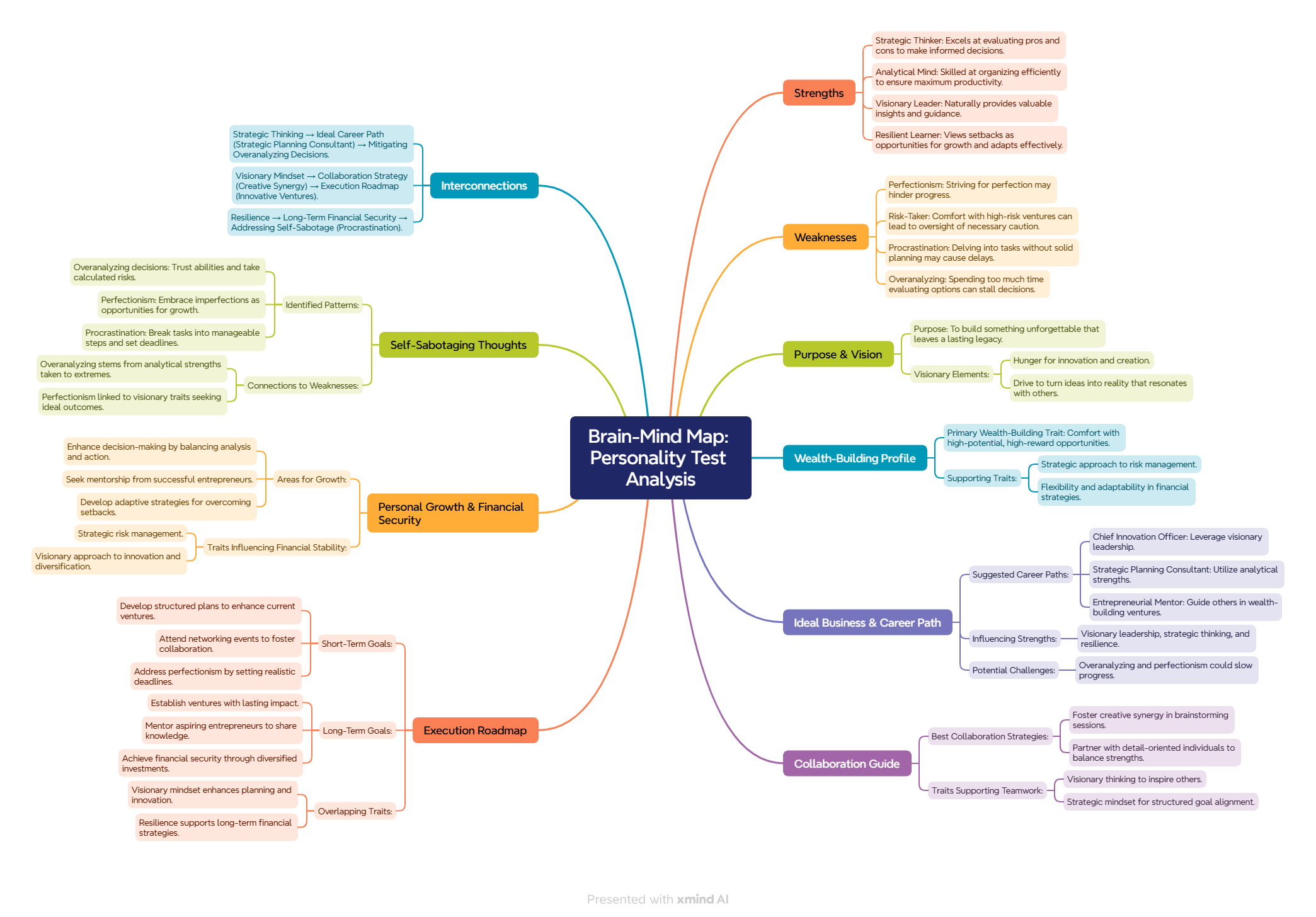Stress eating, often referred to as emotional eating, is a behavioral pattern where individuals consume food in response to their emotions rather than physical hunger. This phenomenon stems from various psychological triggers such as anxiety, depression, and overwhelming stress. Unlike physical hunger, which develops gradually and can be satisfied with a balanced meal, emotional hunger often arises suddenly and leads individuals to crave specific comfort foods. These cravings are generally high in sugar, fat, and calories, promoting an unhealthy eating pattern that can contribute to weight gain.
Research indicates that stress eating is prevalent among numerous demographics, with studies revealing that approximately 40% of adults report eating in response to stress. This tendency is particularly pronounced among certain populations, including college students and individuals facing chronic life stressors such as economic hardship or family issues. The relationship between stress and food choices has been well-documented; under stress, individuals are more likely to opt for quick, readily available options that often compromise nutritional value. This pattern heightens the risk of excessive caloric intake, particularly when combined with a sedentary lifestyle.
Chronic stress not only influences the foods people choose but also affects their metabolism and overall health. Elevated cortisol levels associated with long-term stress can lead to weight gain, particularly in the abdominal area, as these hormones signal the body to store fat. Furthermore, stress can disrupt normal eating schedules and lead to binge eating episodes. Understanding the psychological aspects of stress eating is crucial for developing effective strategies to combat it. Awareness of one’s emotional triggers and patterns of behavior can empower individuals to make healthier choices and break the cycle of stress-induced overeating.
The Connection Between Stress and Food Choices
Understanding the relationship between stress and food choices is pivotal in managing emotional hunger. When an individual experiences stress, the body responds by releasing stress hormones, particularly cortisol. Elevated levels of cortisol can significantly influence appetite and cravings, making individuals more prone to seek out comfort foods, which are typically high in calories and sugar. This biochemical response is rooted in our evolutionary past, where high-energy foods were sought for rapid energy in times of threat or crisis.
The cravings stimulated by stress are not random; they tend to preferentially target foods that can quickly alleviate discomfort. High-calorie snacks and sweet treats are often perceived as immediate sources of pleasure, leading individuals to gravitate toward them during times of emotional upheaval. Such foods stimulate the brain’s reward system, promoting feelings of comfort and relief, which can create a compelling cycle of consumption. As a result, the draw of these foods may intensify under stress, encouraging impulsive eating behaviors that further complicate one’s relationship with food.
Moreover, stress can distort food preferences by diminishing one’s ability to engage in mindful eating. During high-stress periods, individuals may find themselves turning to fast, convenient options rather than healthier alternatives. This transition away from nutritious meals contributes to a reliance on empty-calorie foods that do little to satiate true hunger, often resulting in a perpetual state of emotional eating. The combination of biological and psychological factors fosters a cycle where stress leads to unhealthy eating choices, ultimately exacerbating feelings of stress and dissatisfaction. Recognizing this connection is the first step in breaking free from the cycle of stress eating, allowing for healthier, more mindful food choices.










